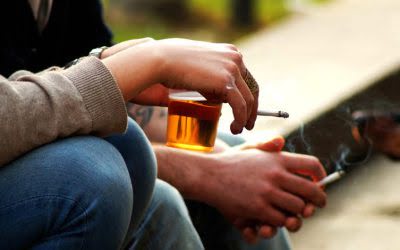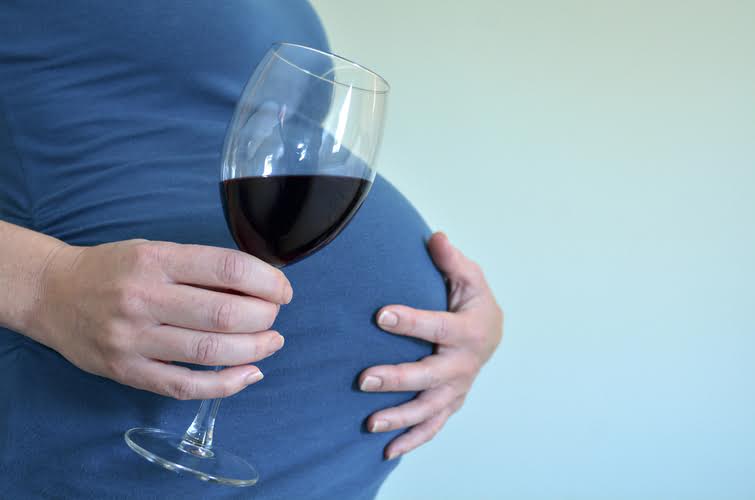Managing shame and guilt in addiction: A pathway to recovery
Finding a balance and approaching these emotions with understanding and compassion is essential for your recovery. Let us help you overcome your shame or guilt without turning to addictive substances – our professional team is ready to collaborate with you on your journey toward positive progress. Reduce your shame by apologizing to those you’ve hurt, donating some time to help others, or even just admitting the problems to yourself. If you are not a people person, interacting with animals can provide similar benefits. Emotional support animals (ESA) and animal-based therapies have been shown to help with addiction and a variety of co-occurring disorders, largely http://pushkiniada.ru/tekst/922-4.html because they help to develop empathy. The common thread in all shame-based thinking is “I am.” “I have failed” is a guilt-based (not shame-based) thought because it suggests that specific preventable actions were the cause of failure.
Seek Support

Developing a plan for relapse prevention is an essential step in addiction recovery. It involves creating a detailed plan to avoid the triggers that can lead to relapse, identifying potential risk factors and developing coping mechanisms to deal with them. While it may seem like a daunting task, developing a plan for relapse prevention can be incredibly effective at reducing the likelihood of relapse and promoting long-term sobriety. Yoga and exercise are both physical activities that can help release endorphins, which contribute to a feeling of happiness and wellbeing. These activities also provide a sense of accomplishment and achievement, which can help counter feelings of shame or guilt. Additionally, yoga incorporates mindfulness techniques, helping individuals better understand and manage their thoughts and emotions.
Individual and Group Therapy in Easton PA
- You feel compelled to meet your addiction’s needs no matter what thecost.
- Family owned and operated since 2014, Infinite Recovery was founded by Michael & Ylianna Dadashi to give those struggling with addiction a second chance and help to rebuild their lives.
- One of the biggest pieces of recovery is how to deal with this thing that we’re talking about today, which is a shame.
- While guilt can push you to make positive changes, it can also weigh you down if you don’t deal with it.
They may feel remorse for the pain and suffering they caused their family and friends, leading to a deep sense of guilt and shame. Get into activities like exercise, meditation, creative hobbies, or spending time in nature. This can help you manage emotions, lower stress, and improve your overall well-being. These positive outlets provide a https://www.july52.ru/rastvoritel-uayt-spirit-svoystva-i-primenenie sense of accomplishment and joy, helping you build a fulfilling life beyond addiction. Forgiving doesn’t mean you’re okay with what happened; it just means you’re letting go of its grip on you.
Acknowledge and accept your emotions
In this blog, we’ll explore what these emotions are, how they affect recovery, and, most importantly, how you can manage them to support lasting healing and growth. You https://ffforever.info/index.cgi?act=Profile;CODE=03;MID=70-1163756393 deserve recovery, and with the right resources and mindset, you can achieve it. Sometimes forgiving ourselves is the hardest part. We are the seasoned critics, we have lived our whole lives trying to look inward and identify who we are and what we are doing feeling all the mistakes on the deepest level.

Best 20 Healing Shame Exercises To Break Free From Toxic Shame
Guilt and shame can have a complex influence on addiction recovery. On one hand, they can serve as motivation for change and encourage individuals to make amends. Focus on what your life is today, and where you are in recovery right now. See each new day as an opportunity to learn and grow.
And secondly, I have the most skin in the game with them. And so the people that we hurt oftentimes are the people that were close to and we have to do a lot of work. Both my parents are deceased, I’ve visited and revisited and revisited this with them. It does work with repeated passes with regular practice. But I knew that for me, in recovery, that mindfulness would be one of the resources I really wanted to explore.
- The therapist also provides individual coaching between sessions to support clients in using these skills in real-life situations.
- It involves creating a detailed plan to avoid the triggers that can lead to relapse, identifying potential risk factors and developing coping mechanisms to deal with them.
- Well, it took me a while it probably asked about it is that possums what possums do when they see something that’s threatening their survival.
- These results suggest that guilt and shame should be considered separately in the prevention of SUDs.
- And then in the last 20 or 30 years, brain scans have come around.

Remember, seeking professional help can be a powerful ally in this process. Therapists and counselors can equip you with the tools and support you need to navigate these complex emotions and build a healthier, happier future. Therapy and counseling are not just for those with severe mental health conditions.
Dialectical Behavioral Therapy (DBT) for Shame and Guilt
You’ll likely find that many other people go through these painful emotions, and there is light at the end of the tunnel. For other people, the shame and guilt is a direct result of the addiction. They may have acted in negative ways and hurt those they love. Without intervention and support, it’s easy for this cycle to continue. The only way to heal is through therapy and counseling. Unfortunately, addiction breeds blame and low self-esteem, and as a result, you will feel a lot of negative feelings towards yourself as you work through recovery.

